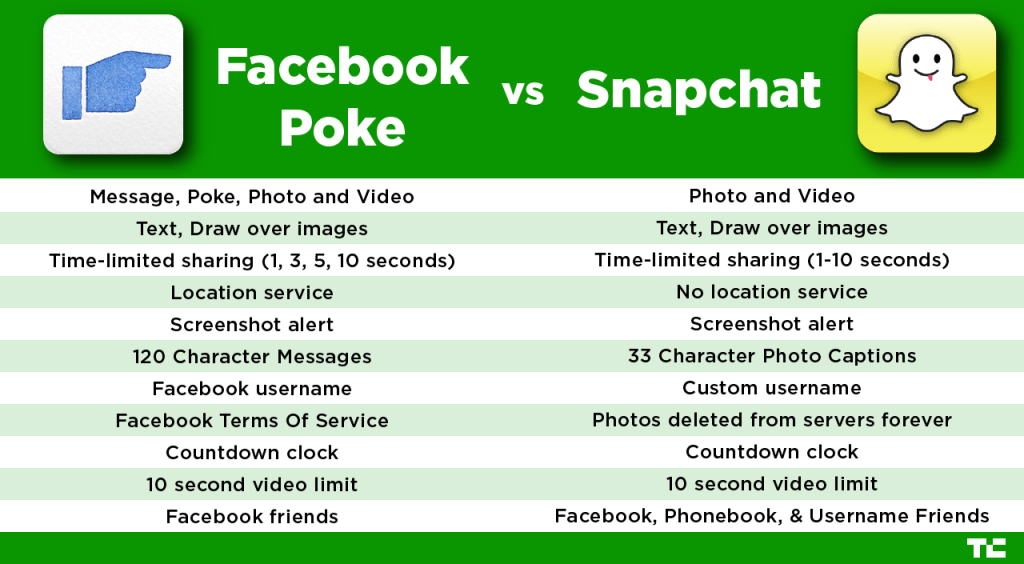2012 is about to become a page in history book. Looking back at 2012, I am happy that I was able to maintain the Future of Social Network blog daily. It was not easy to set aside time to read, decide what to write about, and write a blog each day. If someone else were to suggest a year ago that I take on this challenge, I would have said that it was not for me. There simply weren't enough hours in a day for me to read and write, I thought.
Having done it for 365 days in a row, I know now what it takes to do daily blog rain or shine. But I still don't think that I will have enough time in a day to get it done. Instead I now know it's about prioritizing my daily tasks so that I can carve out the time for reading and writing.
One thing that I learned in the process is that I need to focus on short-term milestones to achieve a long-term goal. It may be daunting to visualize blogging every day for a year. But it comes down to carving out the time to read and write. Whether that happens in 24-hour cycle or 72-hour cycle depends on how I can schedule my time and stick to the schedule. I have realized that as long as I can break my goal into small enough pieces, I can take incremental steps to get closer to making it happen. When I have my head down plowing forward, all I have to focus on is the next milestone.
While I'm thankful for the 365 day streak, I have some regrets as well. I wish I had spent more time listening to the readers. One thing that I realized was that I do appreciate the readership from all of you. If I write things for my own benefit only, I am not getting the full value out of putting it on Internet. If it were to be available out in the open for everyone, it should be written in reader-friendly way so that as many people can benefit from my blog. Although I was focused on my daily blogging milestones, I may not have been as diligent in making it readable and useful for all the readers. I should have raised my head once in a while to adjust my goal. (I'm taking a step to listen better. Please fill out three quick questions to help me make this blog more useful to you.)
With these lessons, I am ready to close the year 2012.
Adieu 2012. It's been good working with you.
Having done it for 365 days in a row, I know now what it takes to do daily blog rain or shine. But I still don't think that I will have enough time in a day to get it done. Instead I now know it's about prioritizing my daily tasks so that I can carve out the time for reading and writing.
One thing that I learned in the process is that I need to focus on short-term milestones to achieve a long-term goal. It may be daunting to visualize blogging every day for a year. But it comes down to carving out the time to read and write. Whether that happens in 24-hour cycle or 72-hour cycle depends on how I can schedule my time and stick to the schedule. I have realized that as long as I can break my goal into small enough pieces, I can take incremental steps to get closer to making it happen. When I have my head down plowing forward, all I have to focus on is the next milestone.
While I'm thankful for the 365 day streak, I have some regrets as well. I wish I had spent more time listening to the readers. One thing that I realized was that I do appreciate the readership from all of you. If I write things for my own benefit only, I am not getting the full value out of putting it on Internet. If it were to be available out in the open for everyone, it should be written in reader-friendly way so that as many people can benefit from my blog. Although I was focused on my daily blogging milestones, I may not have been as diligent in making it readable and useful for all the readers. I should have raised my head once in a while to adjust my goal. (I'm taking a step to listen better. Please fill out three quick questions to help me make this blog more useful to you.)
With these lessons, I am ready to close the year 2012.
Adieu 2012. It's been good working with you.















